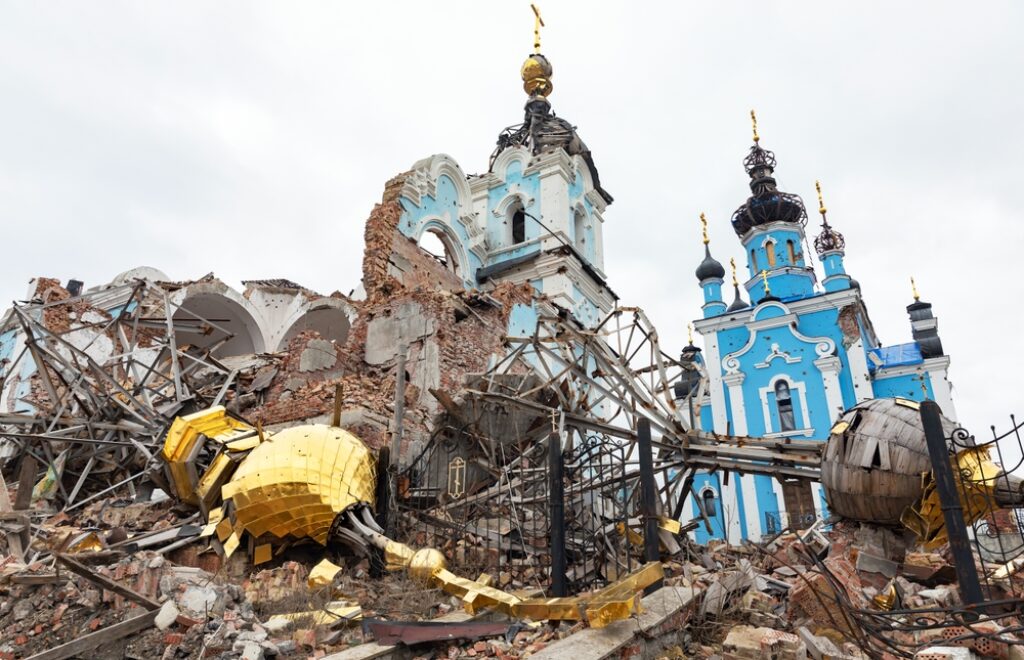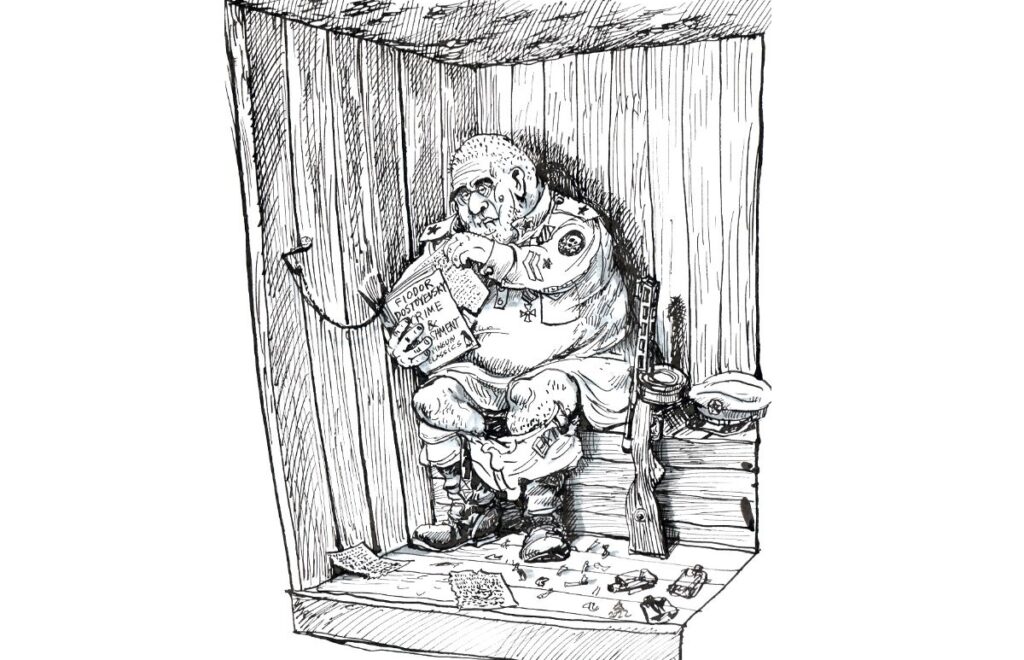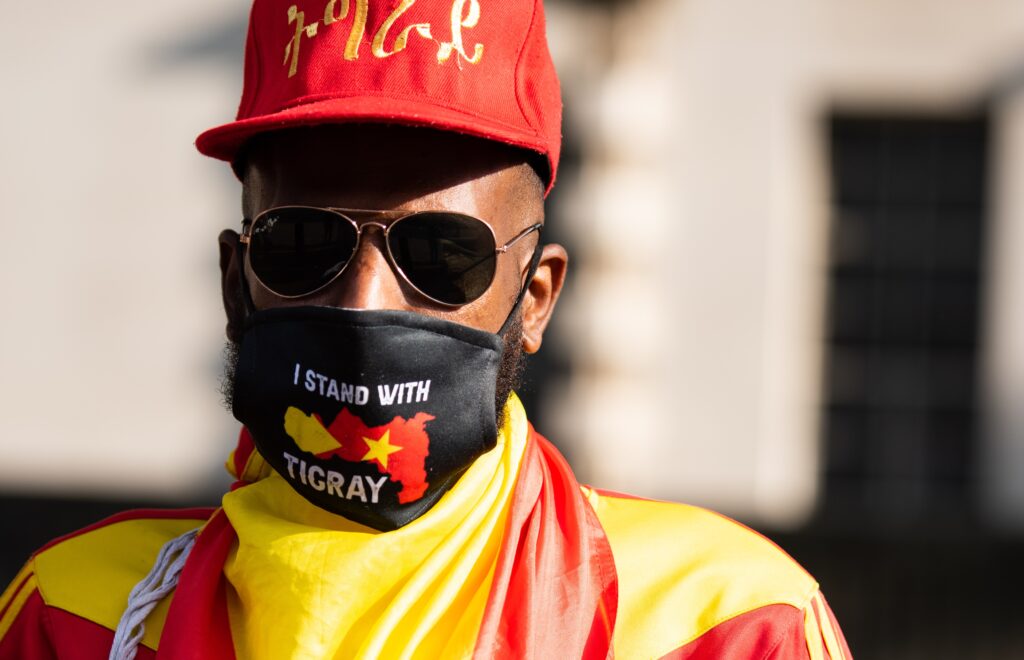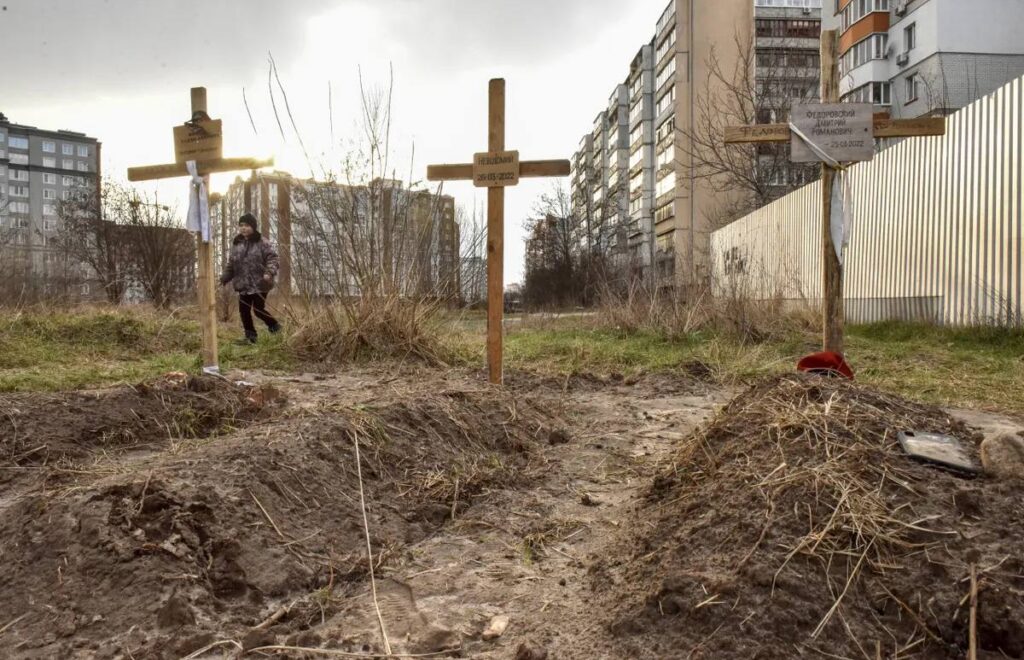A treatise on guilt
For over 20 months, Russia has been committing war crimes previously unfathomable on the European continent in the 21st century. Murder, rape, the kidnapping of thousands of children and the bombings of schools, hospitals and cultural sites, are only some of the many atrocities the Russian army and affiliated mercenary groups have committed against the Ukrainian nation. Almost more striking than the horrific images that flow out of Ukraine on a near-daily basis is the deafening silence coming from Russia and Russians.
November 20, 2023 - Joshua Kroeker







































